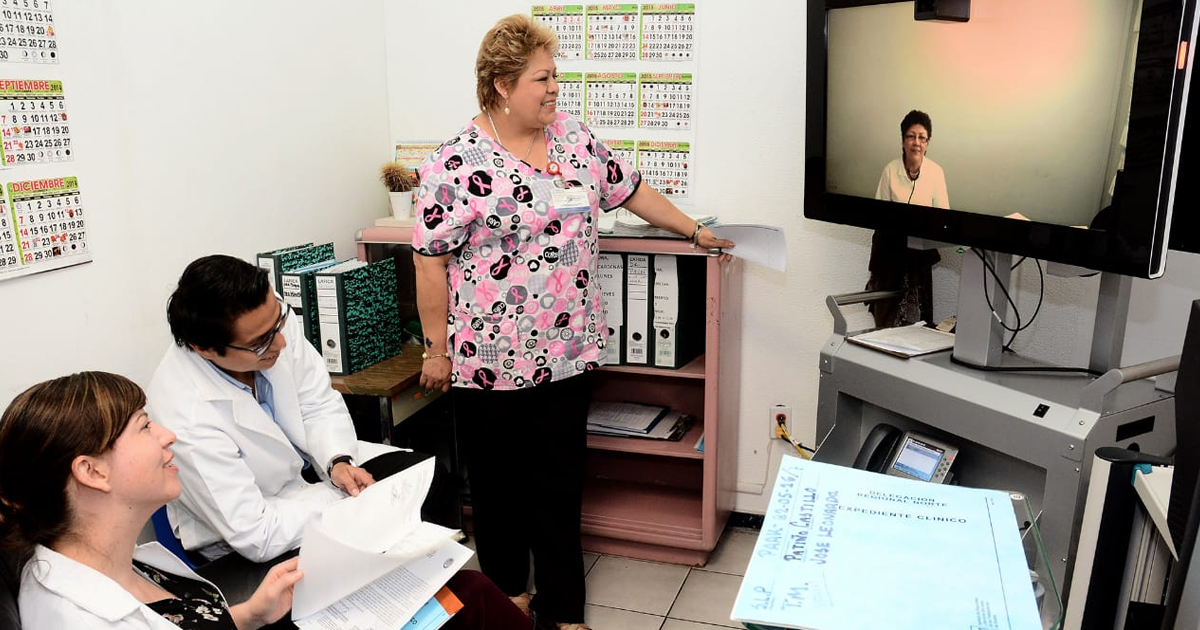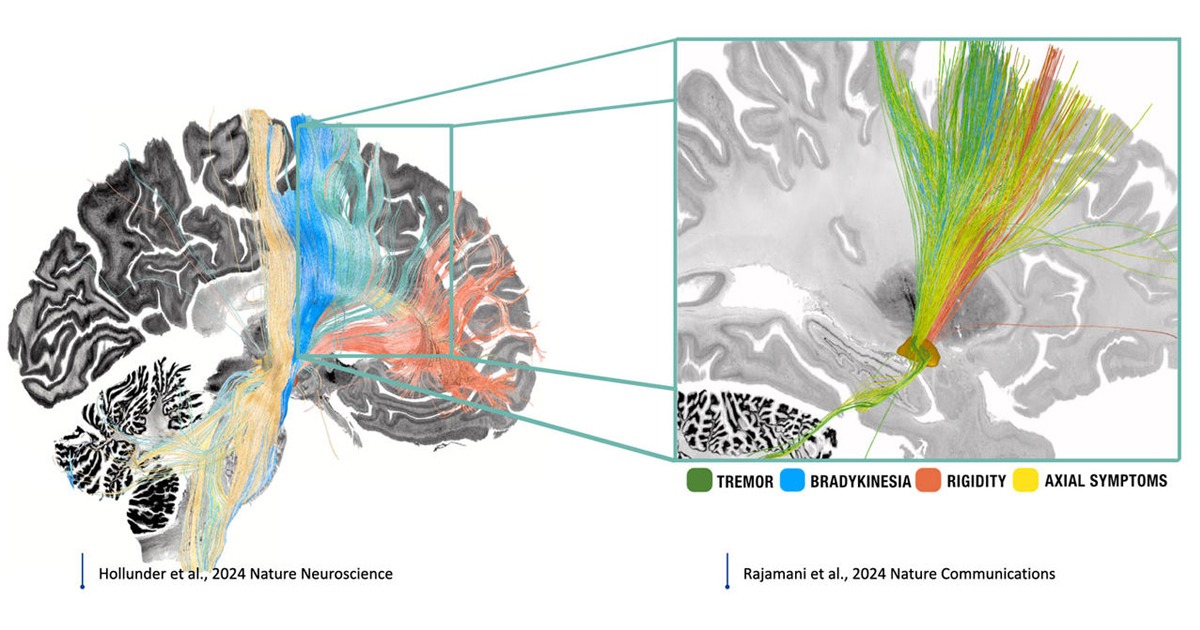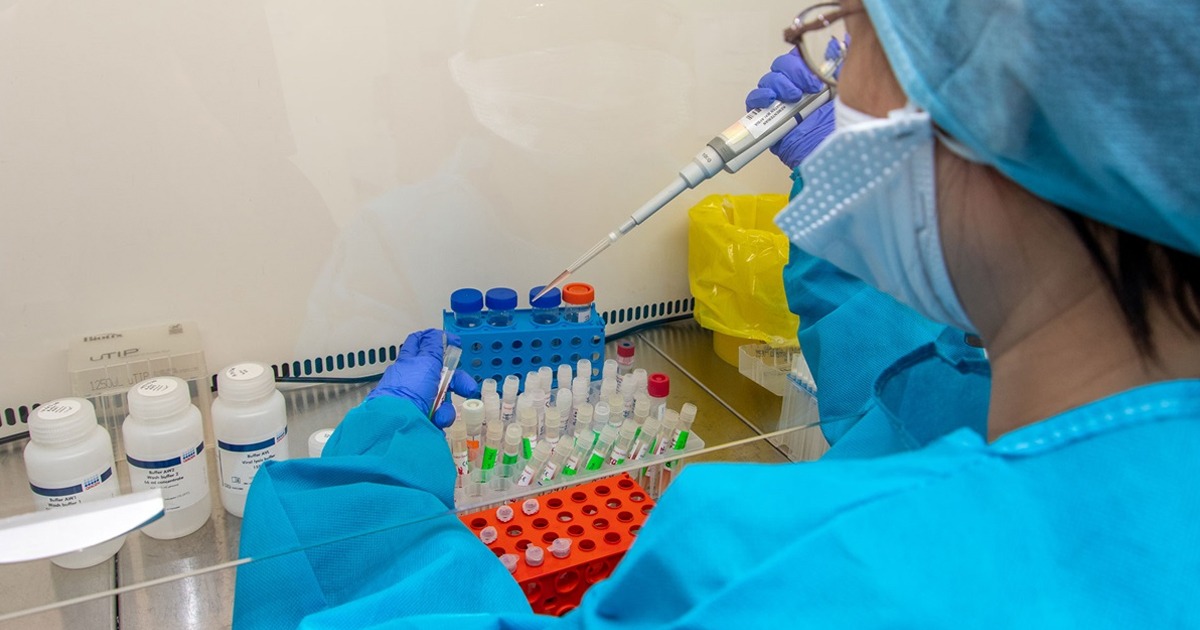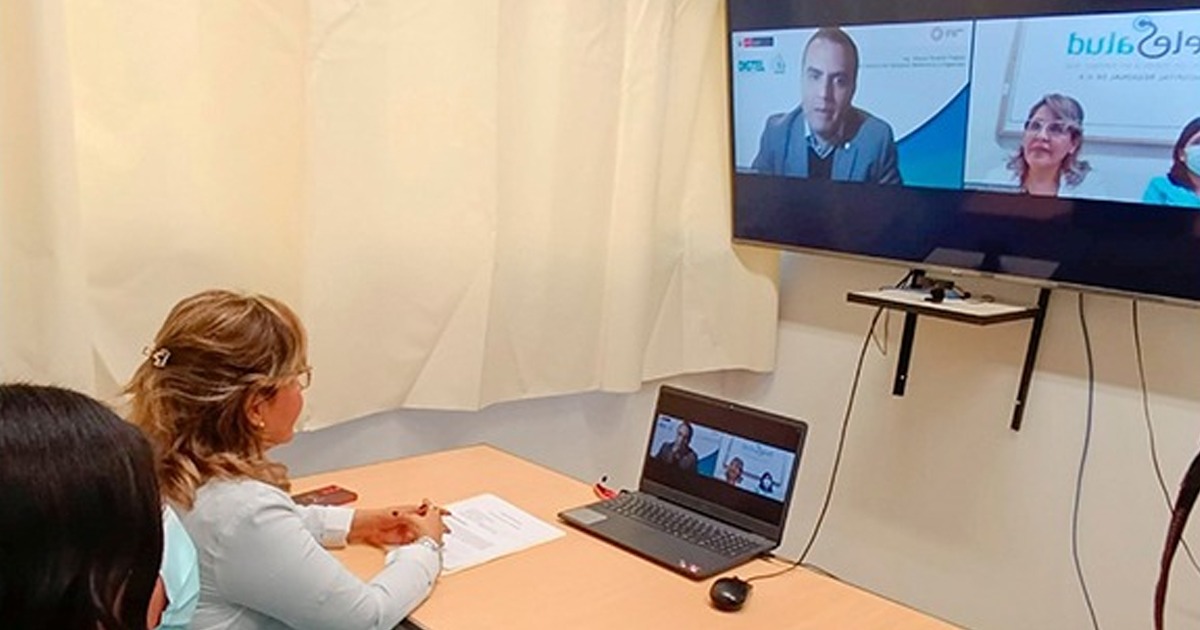The Fogarty International Center relies on ICT to generate new visions dedicated to digital health and to establish public health systems as a benchmark for improving the quality of life of the population.
The The Fogarty International Center (FIC), a global organization focused on supporting international medical and behavioral research, is leading an important movement in the medical community.
FIC invests in new technologies and innovation in the medical field, which is why it grants more than $4 million to a dozen organizations to support mobile health research in low- and middle-income countries, recognizing that technology is a crucial part of scientific growth and a key factor for the evolution of the medical community and public health.
Dr. Roger I. Glass, chief operating officer, said that, "Technology is something that changes every day. That's why we're trying to stay on top of new resources and developments that will help us create a database to guide research, improve clinical care and improve overall health."
The movement began with research support for projects that needed hardware or software components for mobile devices in order to develop a greater knowledge of the medical field and improve in their results.
However, after several years of funding, finally the initiative is expanding its objectives and opening itself up to a diverse list of projects that vary widely in populations and health problems.
The wide variety of proposals extends to different parts of the world. From the United States to Africa, new agendas emerge every day. For example, a project in Thailand aims to investigate how to use mobile solutions for populations at risk of HIV, while in Tanzania the main focus is pediatric cancer.
In Peru and Uganda mobile devices are used to detect cervical cancer in a single process. On the other hand – in Pakistan, Rwanda and Cameroon – telemedicine and other remote tools are supported to integrate minorities with demographic and economic barriers to public health services offered in their respective countries.
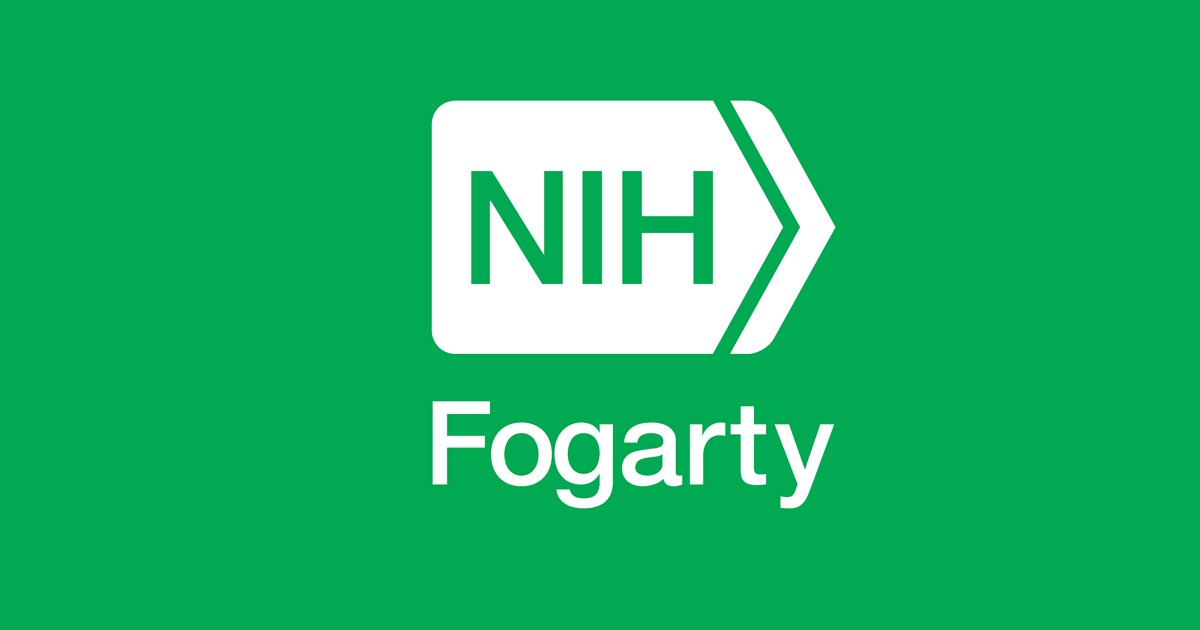
In Bangladesh there is software that sends hygiene advice electronically, Thailand has mobile applications to prevent drug addiction. Costa Rica has a GPS system that identifies on a virtual map area with a considerable density of mosquitoes in order to create strategies to prevent dengue outbreaks.
For researchers at the Fogarty International Center, there is only one main goal in this campaign: to provide access to better health so that medical resources become a reality for everyone in the world.
"The way we're making this happen is to reach out to these organizations in other countries, who may know what we don't know about their patients and try to help them get better care, while gaining more knowledge about the health problems they face in other parts of the world," said Glass, who is dedicated to turning this initiative into a global movement.
Another great example of how, important institutions worldwide, are seeking collaboration for unification and improvement of both processes and services.
